Are you worried about getting enough protein on a more plant-based diet? Well don't you worry your pretty little head on that one, friend. I've got you covered with this week's video: 5 plant proteins to power up your plate.
Now, if you're a little worried about this, you're not alone.
And even if you're not worried — but the people around you are — here's some information you can share so that they stop stressing on your behalf!
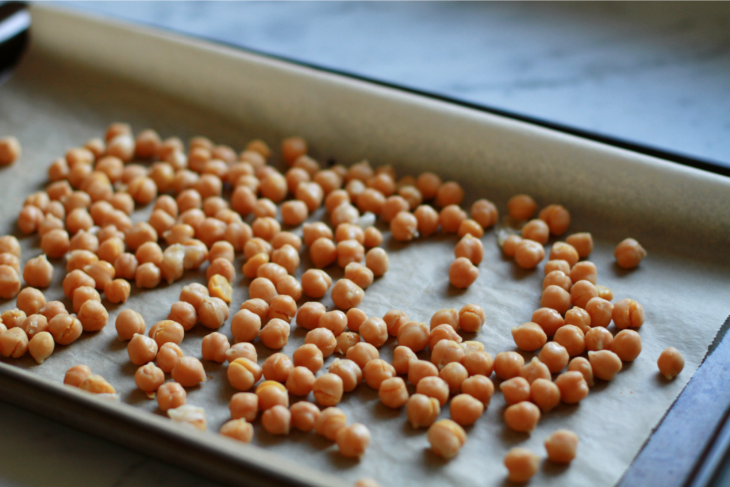
Where will you get your protein???
One of the first concerns that people encounter when trying to eat more plant-based is: but how will I get enough protein?
It's a valid question.
After all, the “eat more protein” message has been drummed into our heads for decades by the massive ad campaigns of the beef, chicken, pork, egg, and dairy councils. You know — the organizations who profit when we eat more protein.
But here's the reality: most Americans get plenty of protein. In fact, most people are getting more than they need on a daily basis.
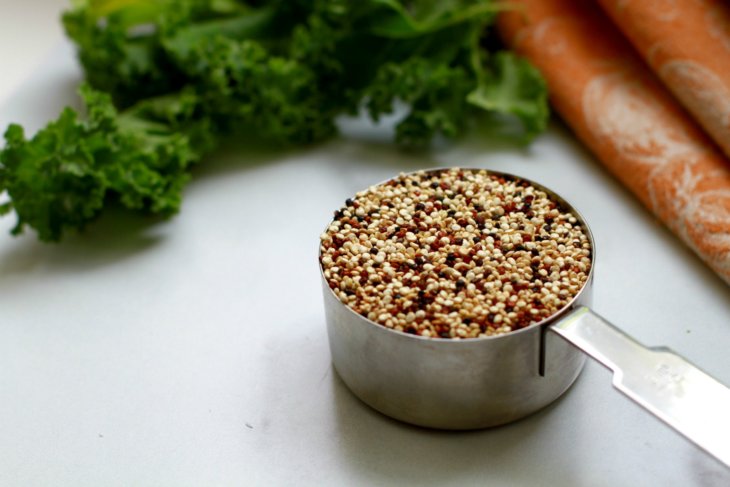
Protein's important — but it's just part of the equation
Now before we get started, let me just say that I'm not suggesting that protein's not important.
Because of course it is. There's a reason why protein is one of the three macronutrients, along with its macro buddies, carbohydrate and fat.
Protein intake is essential for building muscle, repairing tissues, producing enzymes, and a whole host of other functions in the body.
But most of us in the U.S. actually consume far more protein than our bodies require — and that can cause some serious issues in the body.
For more on that, you can read my blog post, Why You Don't Need to Obsess About Getting Enough Protein.
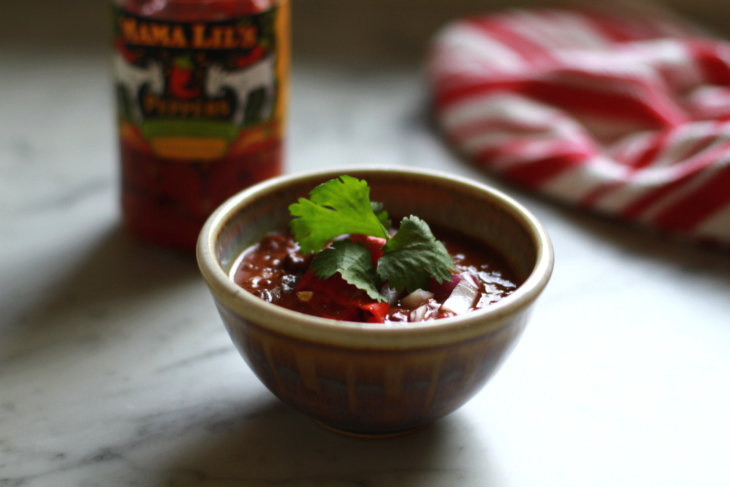
How much protein do you need anyway?
The dietary recommendation for protein is: 0.8 grams of protein per kilogram of body weight.
To calculate your weight in kilograms, divide your weight in pounds by 2.2, and then multiply by .8.
For example, let's do the numbers for a 140-pound woman:
140 pounds / 2.2 = 63.63 kg x .8 = approximately 51 grams of protein/day
That said, 50-ish grams is really easy to get, even on a plant based diet that doesn’t rely on eggs or cheese for protein.
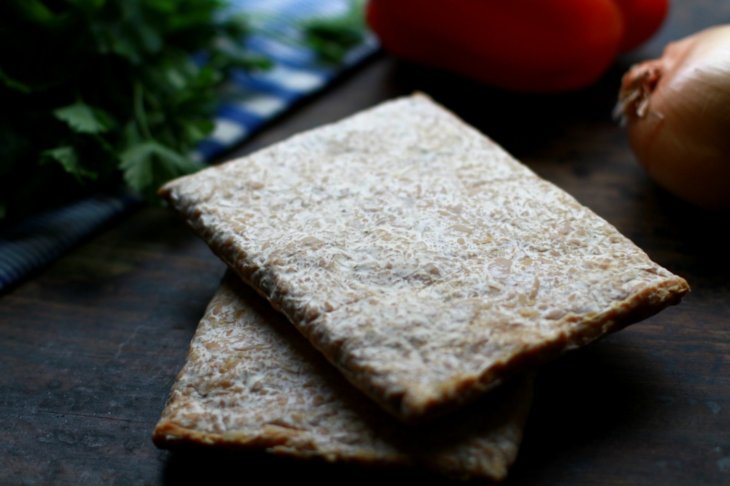
5 plant proteins to power up your plate
So let's talk about those protein rich plant foods…
You may be surprised to find out that there are some tasty and easy-to-use plant foods out there that are naturally high in protein.
And I'm talking about whole foods — not processed foods like protein powder.
Here are the proteins we cover in this video — I also share how to incorporate into your meals:
- Tempeh: 31 grams in one cup.
- Edamame: 29 grams in one cup.
- Lentils: 18 grams in one cup.
- Black beans: 15 grams in one cup.
- Chickpeas: 15 grams in one cup.
Also in this video, I cover:
- The protein content in foods you may not realize include any protein at all (hint: broccoli's one of them).
- What would a typical day look like?
- See how quickly the protein grams add up when you consider a day's typical meals.
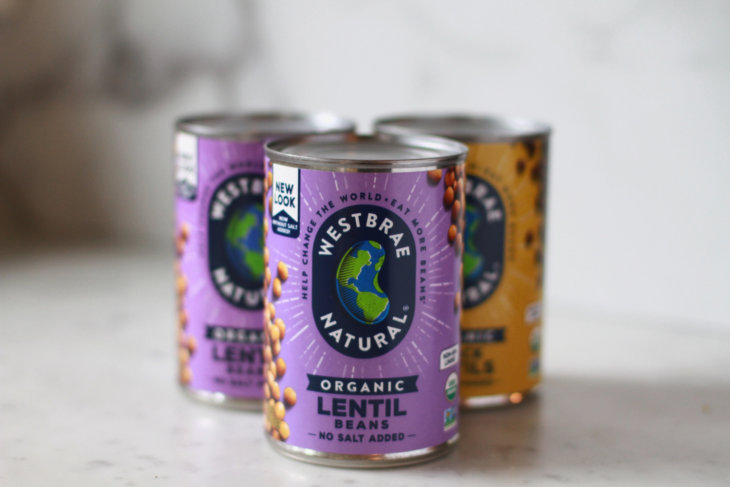
Watch the video: 5 plant proteins
Audio: 5 plant proteins
I hope today's video helps set your mind at ease on the whole protein thing.
Peace, love and broccoli,
Monica

Do you need more support around healthy meal prep, nutrition tips and recipes?
Click here to join the waitlist for More Veggies Less Meat, my online membership.


